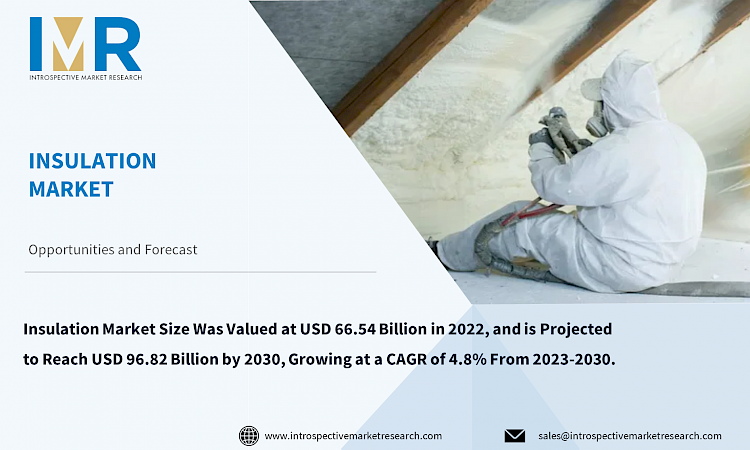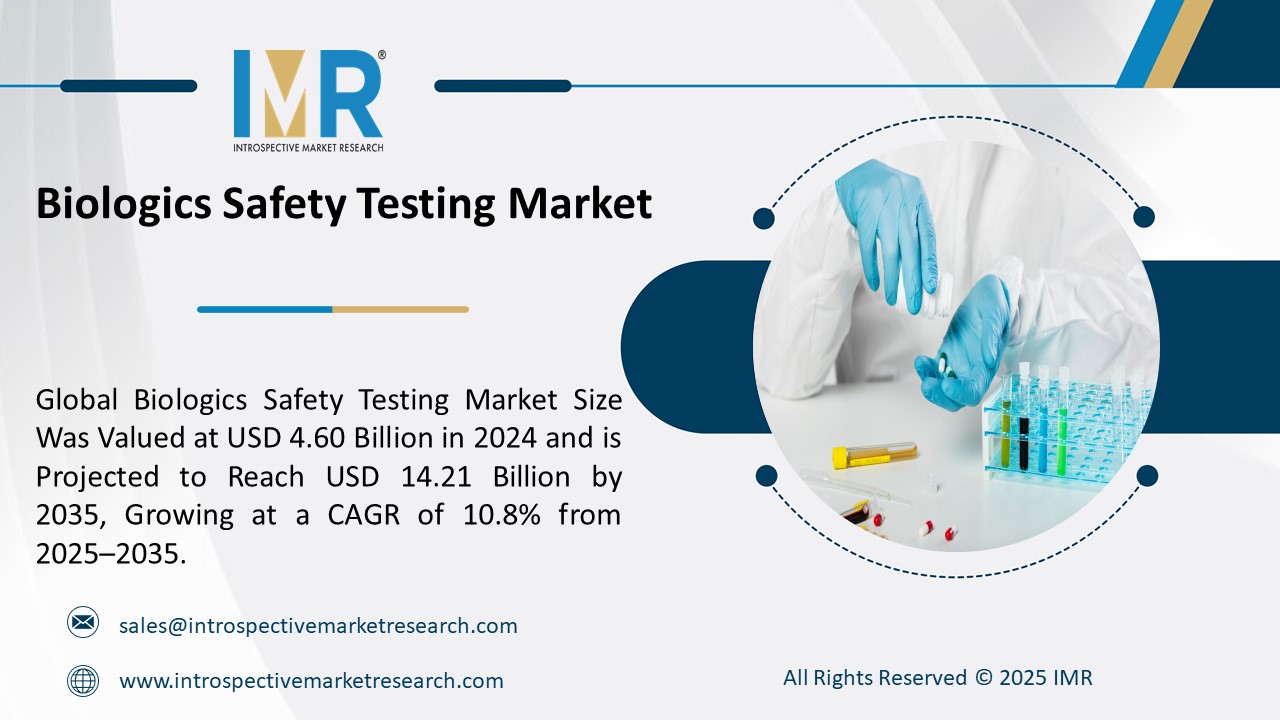
Market Overview:
Insulation Market Size Was Valued at USD 66.54 Billion in 2022, and is Projected to Reach USD 96.82 Billion by 2030, Growing at a CAGR of 4.8% From 2023-2030.
A material that produces barriers for the passage of electricity, heat, moisture, shock, or sound between insulated surfaces of nearby bodies is referred to as insulation in general. These substances might act as insulation against radiation, electricity, sound, heat, or cold. Corrosion beneath insulation affects process industries because moisture or water trapped in insulation causes it to corrode insulating bodies like insulated pipelines. Insulation prevents heat from escaping. Limiting the amount of heat entering during the summer and departing during the winter can improve the comfort of buildings. You may greatly lower your heating and cooling costs and contribute to the reduction of greenhouse gas emissions by insulating your home.
Top Key Players Covered In The Insulation Market:
- Arkema SA (France)
- BASF SE (Germany)
- Beijing New Building Material (Group) Co. Ltd. (China)
- Clariant AG (Switzerland)
- Covestro AG (Germany)
- DowDuPont Inc. (U.S.)
- Eastman Chemical Co. (U.S.)
- Evonik Industries AG (Germany)
- Fletcher Building Ltd. (New Zealand)
- GAF Industries Inc. (U.S.)
- Johns Manville Corp. (U.S.)
- Kingspan Group PLC (Ireland)
- Knauf Insulation (U.S.)
- Masco Corp. (U.S.)
- Owens Corning Corporation (U.S.) and other major players
Market Dynamics and Factors:
The increasing use of insulation in the building and construction sectors is driving the insulation market. Insulation is a technique for reducing energy use that provides resistance to the movement of heat. Heat naturally moves from a warmer to a cooler area. By insulating a home, one can lessen heat surplus in warmer climates and reduce heat loss in structures during colder climates. The attic, roof, and exterior walls of your house are the main components that require insulation. In addition, a house without underfloor insulation may lose up to 10% of its heat via the floor.
Government regulations for the use of insulation are expected to drive the market in the future. Governments from various parts of the world have put in place policies to lessen these obstacles, such as binding energy efficiency standards, building certification, voluntary labeling, and financial incentives to encourage investments in improved insulation and other energy-saving building features. The Energy Performance of Buildings Directive (EPBD) is the primary legal framework in the EU that establishes the requirements for European buildings to use energy labeling. There is a greater emphasis on combining required regulation (such as the Energy Conversation Building Code for commercial buildings in India) and optional labeling in other regions, including as the United States and some Asian nations.
Insulation Market Report Highlight:
- By type, the Mineral wool segment is anticipated to lead the growth of the Insulation market in the forecasted timeframe. Mineral wool insulation is non-combustible does not conduct heat and can resist temperatures above 1,000?C, making it an ideal fire-retardant product.
- By application, the construction segment is expected to have the highest share of the Insulation market over the projected period. Due to the increasing number of insulation-intensive buildings in urban areas. The construction sector was followed by the transportation and residential construction sectors.
- By function, the Thermal segment is set to develop at the highest CAGR during the forecasted timeframe. Thermal insulation is used to reduce the flow of heat through a material or structure, which is important for maintaining a comfortable indoor temperature and improving energy efficiency.
- The Asia Pacific region is expected to have the highest share of the Insulation market over the projected period Due to concerns about significant energy waste, rising oil production in China and India's economies, and the demand for materials for renovation and refurbishing projects, and heavy investments across industries, particularly in the building and construction and automotive sectors.
Key Industry Development:
In February 2023, GAF, a Standard Industries company and North America?s largest roofing and waterproofing manufacturer announced the reengineering and relaunch of Timberline? Ultra High Definition shingles as Timberline? UHDZ? shingles. In addition to GAF?s patent-pending Dual Shadow Line, which creates beautiful sunset shadows all day long.
In July 2023, Kingspan announced its intent to acquire a majority stake in Steico SE. The acquisition of a majority stake in Steico represents an exciting next step in their strategy to provide the full spectrum of insulation products. Its suite of wood-based building envelope solutions broadens its ability to enable its customers to meet their sustainability and energy performance needs.
Insulation Market Segmentation:
By Type
- Polyurethane
- Cellulose
- Fiberglass
- mineral wool
- Others
By Application
- Building & Construction
- HVAC & OEM
- Industrial
By Function
- Thermal
- Acoustic
- Electric
- Others
For this report, Introspective Market Research has segmented the Insulation Market based on region:
Regional Outlook (Revenue in USD Million; Volume in Units, 2023-2030)
North America
- The U.S.
- Canada
- Mexico
Eastern Europe
- Russia
- Bulgaria
- The Czech Republic
- Hungary
- Poland
- Romania
- Rest of Eastern Europe
Western Europe
- Germany
- UK
- France
- Netherlands
- Italy
- Spain
- Rest of Western Europe
Asia Pacific
- China
- India
- Japan
- Singapore
- Australia
- New-Zealand
- Rest of APAC
Middle East & Africa
- Turkey
- Saudi Arabia
- Qatar
- UAE
- Israel
- South Africa
South America
- Brazil
- Argentina
- Rest of SA





